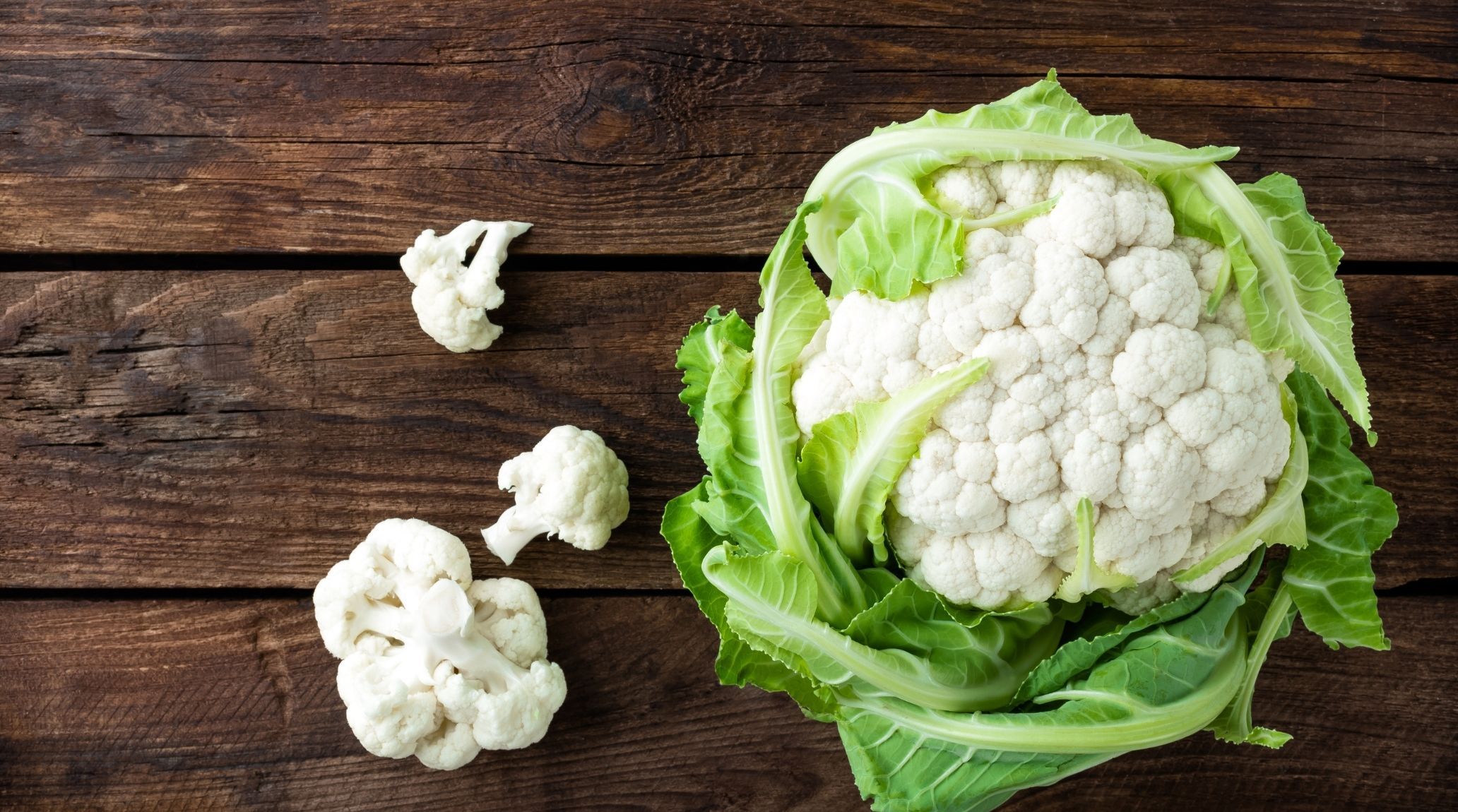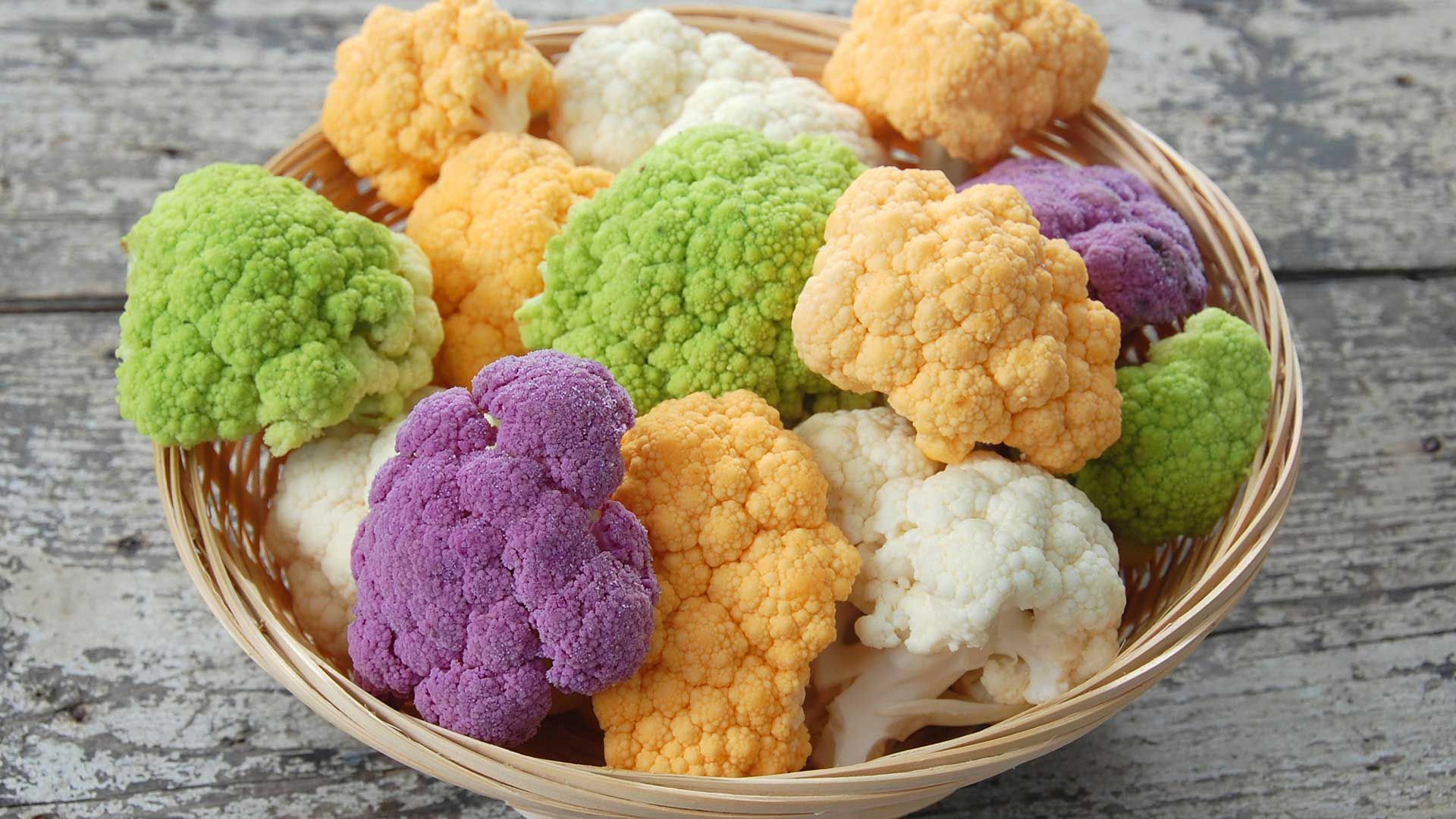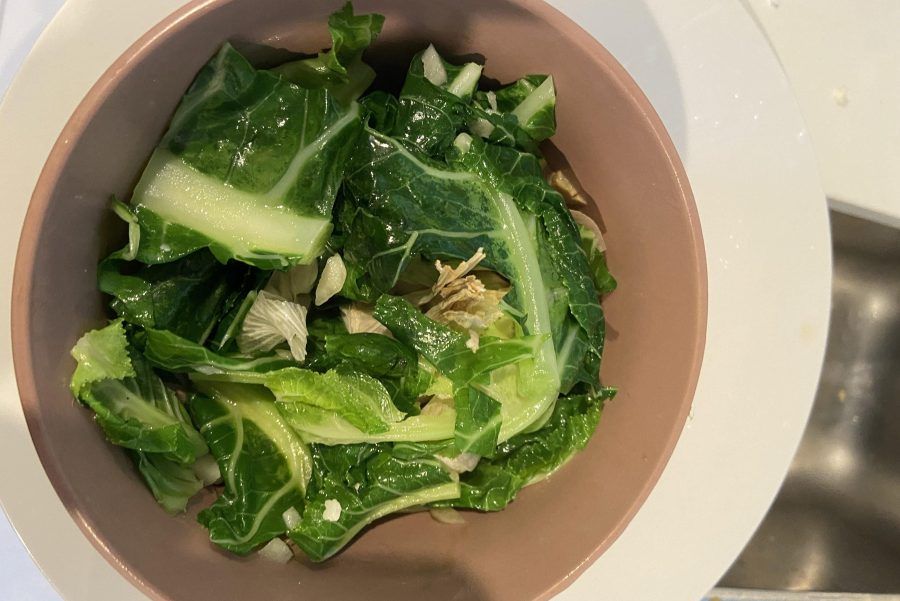
“
Discover the Amazing Facts About Cauliflower, a versatile and fascinating vegetable.Beyond its mild flavor and crisp texture, cauliflower offers numerous health benefits, from being a rich source of vitamins and antioxidants to its role in supporting digestive health. Historically significant and culturally cherished, this vegetable has evolved from a humble staple to a superstar in the culinary world. Whether you're a health enthusiast or simply curious about this cruciferous wonder, uncovering the fantastic facts about cauliflower will reveal why it deserves a prominent place on your plate. Dive in to learn more about its intriguing properties and benefits.1
1
”
Cauliflower is believed to have originated in the Mediterranean region about 2,000 years ago. It was first cultivated in the eastern Mediterranean before spreading across Europe and eventually to other parts of the world.1
Cauliflower leaves are edible and have a more robust flavor than collard greens. Instead of discarding them, use them to make stock and stems to reduce waste and enhance your dishes. 2

Beyond white cauliflower are colorful varieties like orange, purple, and green. These vibrant versions are rich in different antioxidants and offer distinct flavors, adding variety to meals and nutritional benefits.
Cauliflower is a top plant-based source of choline, supporting brain development, liver function, and metabolism. This makes cauliflower a valuable addition to a balanced and healthy diet, promoting overall well-being. 3
Depending on the variety and growing conditions, Cauliflower typically takes 6 to 12 weeks to mature from planting. It thrives in cool weather and requires consistent moisture and well-drained soil for optimal growth. 4
Cauliflower has been featured in NASA’s space gardening experiments. Its ability to thrive in controlled environments makes it a potential food source for long-duration space missions and future space exploration. 5
Cauliflower is non-toxic to dogs and cats and can be a healthy treat in moderation. It provides vitamins and fiber but should be served cooked and in small pieces to avoid digestive issues. 6
Cauliflower contains sulfur compounds that can react with aluminum and iron cookware, causing discoloration. To avoid this, use stainless steel or non-reactive cookware to maintain the vegetable’s color and flavor. 7
A 2015 study by Dr. Martha Clare Morris found that eating cruciferous vegetables like cauliflower can slow cognitive decline and protect against memory-related diseases, promoting brain health and function. 8
Cauliflower is closely related to other cruciferous vegetables such as broccoli, cabbage, and Brussels sprouts, all of the Brassica oleracea species, sharing genetic traits and nutritional benefits. 9
The cauliflower florets are commonly steamed or roasted, but the stems and leaves are also edible. Instead of discarding them, save these parts for homemade vegetable broth, reducing food waste and adding flavor. 10
The rise of cauliflower rice has led to major food companies offering pre-packaged versions. This healthy, low-calorie alternative to traditional rice has gained popularity for its nutritious benefits. 11

Cauliflower leaves are edible and highly nutritious, often more so than the florets. They can be used in soups, stews, or sautéed, providing additional nutrients and culinary versatility.
Steaming cauliflower preserves the most nutrients compared to other cooking methods. This technique helps maintain its vitamin content and minerals, ensuring you get the maximum nutritional benefit from this versatile vegetable. 12
Despite its appearance, cauliflower is an immature flower. The "head" is a cluster of undeveloped flower buds, and when allowed to mature, it will eventually produce small yellow flowers. 13
Cauliflower is a sustainable crop, requiring less water and fewer resources than other vegetables. Its adaptability to various climates makes it an important food source in diverse regions. 14
Fermented cauliflower is used in many cultures to make pickles or preserved foods. This process imparts a tangy flavor and provides probiotics that support gut health and digestion.15
Cauliflower, known for its high fiber content and low-calorie count, is an excellent choice for weight loss. It helps you stay full longer, making it a versatile addition to many healthy and satisfying meals. 16
The fiber, antioxidants, and anti-inflammatory properties of cauliflower support heart health by lowering blood pressure, reducing inflammation, and enhancing cardiovascular function, contributing to overall heart wellness. 17
On April 21, 2014, Peter Glazebrook from Halam, Nottinghamshire, UK, grew a cauliflower that weighed an impressive 27.48 kg (60 lb 9.3 oz), setting a remarkable record for the giant cauliflower. 18


